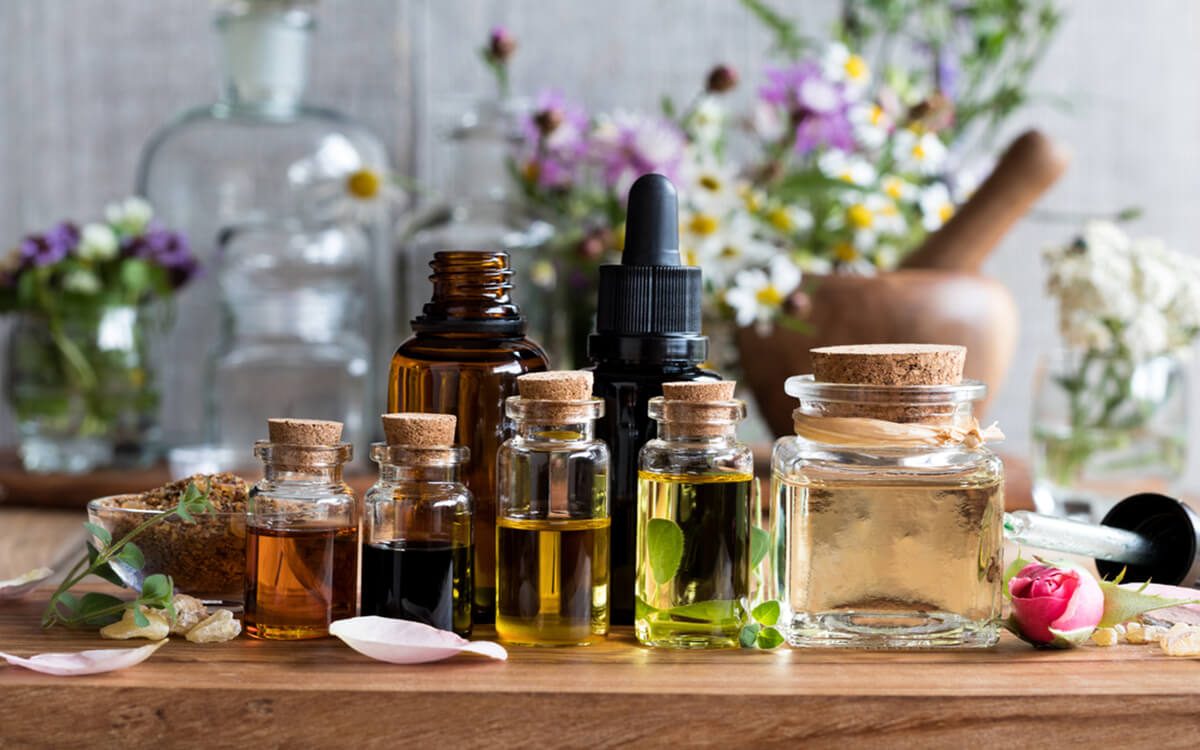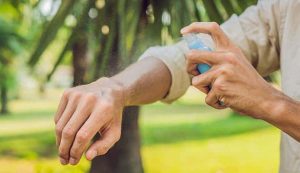Essential Oils are fragrant, liquid products derived from plants. They can be used in a variety of purposes including but not limited to:
- Perfumery
- Cosmetics
- Incense
- Culinary purposes
- Food essence
- Fabric and hair conditioners
- Detergents and other cleaning products and aromatherapy
- Remedies for mental fatigue and stress
- Mitigating depression
- Fading away sadness
I. History
They have been around since antiquity and credits were given to early Egyptians when they employ essential oils for cosmetics, perfumery, and embalming purposes. Examples of essential oils are peppermint, sandalwood, Citronella oil, lavender oil, and eucalyptus etc. Based from the example given, essential oil is named from the plant material from which it was extracted.
II. Production
Essential oils are produced in different ways. Most are produced by distillation (steam distillation). Distillation is a process of separating liquids of different vapor pressure. In chemistry we learned that a substance with higher vapor pressure has a lower boiling point. The next paragraph illustrates this process. In this process, the plant material are held in a pressing material or kept in a certain container where liquids will be allowed to evaporate. Liquid substances in the plant material with lower boiling points are distilled first while allowing liquid material with higher boiling points to remain as in the case of essential oils. Still, other essences (essential oils) are so hard to extract that they need to undergo a series of complicated process. Jasmine and rose oils are examples. They undergo rigorous distillation process, first by being washed in a sea of solvent material (supercritical carbon dioxide or hexane) to extract a mixture of essential oils (concrete) derived from the process. The concrete will then have to undergo a second phase of distillation process using alcohol-based products, to effectively separate various volatile oil (absolute) products from the distilled material.
III. Uses
Due to their characteristic volatile (readily vaporizable) and molecular properties, essential oils possess characteristic odor, and can be appreciated through smelling, skin application and ingestion.
Essential oils are used most commonly used in
- Perfumery
- Aromatherapists (body treatment, including massage with the use of botanical oils/essential oils)
- Herbalists, chiropractors (treatment aimed at correcting neurobiological connections in the body), and naturopaths (treatment using natural therapeutic method such as air, water, sunshine), use essential oils in various treatment strategies.
- Medical doctors are also reported to have been using essential oils in the treatment of various dermatological problems. They are also used in trials involving placebo-containing medical products.
- Psychologists and psychiatrists employs a number of essential oils in the treatment of anxiety, depression, hysteria, panic attacks, apathy and a number of psychological problems.
- Botanical oils are also used in culinary applications
- Manufacture of detergents and soaps – Their incorporation in soaps and hair products allows for the quick healing of cuts and bruises and other scalp problems such as dandruff
- Provide characteristic scent to beverages and lately candles
IV. Choosing The Right Essential Oils for You
With hundreds of botanical oils around, you will surely be able to find one that is right for you. Different people have different preferences for essential oils but it’s a fact that there are oils which are fitted for use for a specific end-user. In choosing the type of botanical oil that is perfect for you, you may consider the following recommendations below:
Know yourself
Essential oils have characteristic effect on your body. It may help stimulate your senses if you are depressed or emotionally down or help you calm down after a stressful moment. In any case, an expert aromatherapist will be able to help you decide which essential oils are best for you.
Skin Type
Some people are allergic to essential oils and may cause them to suffer biological aversion to aromatic scents. There are botanical oils that are perfect for a specific skin types, allowing some people to use a specific scent more than another.
Scent Extension
Some aromatic, herbal plants contain a measly amount of essential oils. Infact, it takes more than 8 million flowers of jasmine in order to produce a measly 2 pounds of jasmine essential oils. Some are diluted with Geranium oil or sweet almond oil in order to somewhat extend their fragrance. They do not diminish the scent of the jasmine but theoretically, increasing its usability.
V. Popular Essential Oils
Chamomile
Useful for skin sensitivity conditions and allergies, relaxing and relieves pain. For dry skin
Geranium
Used for various fungal infections and other skin problems. Effective for repelling insects. For dry skin
Rose oil
This essential oil has a mild antiseptic ingredient. It decongest clogged nose, ease sore throat and sinusitis, and effective for insomniacs.
Lavender
Relaxing and loosen up pain caused by bruises, cuts and insect bits (analgesic effect).
Sandalwood
Due to its moisturizing and antiseptic properties, this essential oil is effective both for individuals with normal or dry skin. It has an extraordinary calming effect and is best used in meditation (yoga).
Jasmine
This essential oil activates your senses. It makes your body come alive after a saddening moment (anti-depressant). Effective for dry skin.
Looking into essential oils for some of your ailments may be the answer!







Be First to Comment